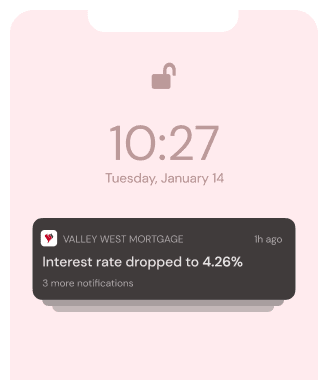A New Study Shows How To Convert Foreclosures into Rental Properties
Las Vegas, Nv - Lewis Ranieri, the co-inventor of the mortgage-backed security, authored a research paper with University of California economist Kenneth Rosen that lays out the case for using federal entities to support private investors who are already converting foreclosed properties into rentals.
This Foreclosure to Rental model can more than likely be adapted into every market the United states currently offers. Mr Ranieri and Mr. Rosen have chosen the top ten markets where their research could benefit greatly. The cities listed are Chicago, Denver, Detroit, Oakland, Seattle, Minneapolis, and Los Angeles. The reasoning behind why these cities were picked is rather quite simple. These cities have a very high rental condition and high levels of bank-owned foreclosures.
Las Vegas, is not well suited yet because we have poor rental fundamentals despite a glut of bank-owned inventory. No matter what our city makes it's way on to every list created, Good or Bad. It just so happens that Las Vegas is one of the worst housing market in the United States, as well as having the highest unemployment rates.
The paper argues that existing industry and government effort to modify mortgages, while necessary, won’t alone be enough to deal with the problem of already vacant properties and those that may not qualify for modifications.
So why is the government needed? There’s two reasons: First, Fannie Mae, Freddie Mac, and the Federal Housing Administration sit on nearly half of all foreclosed properties, making them key sellers to investors that are converting properties into rentals. Second, Mr. Ranieri says investors could soak up the overhang of distressed properties even faster if Fannie or Freddie expanded their investor financing programs.
The paper includes a series of other interesting ideas that build on the rental-conversion idea:
• Employ a “rent-to-own” option that would allow tenants to allow some tenants to ultimately purchase their rental homes. Mr. Ranieri has already employed that option through his company, Selene Finance, which invests in distressed loans and homes.
• Raise the ceiling on the number of loans that Fannie and Freddie will guarantee to a single buyer. Currently, those limits are set at 10 and four, respectively, but Mr. Ranieri has argued that investors who make large down payments of 30% or 35% should be able to take out 25 mortgages. That would allow smaller investors to get more involved in repairing their local markets, even as federal officials consider structured sales of bulk properties to larger outfits.
• Change appraisal rules for investor purchases to evaluate the value of properties based on the rental income, rather than the traditional metric of “comparable sales.”
Other influential housing analysts, including Laurie Goodman of Amherst Securities, have also strongly backed policies
But the idea remains unpopular with the National Association of Realtors and major real-estate brokerages, which say that foreclosed properties are selling briskly and don’t need to be taken off the market.


